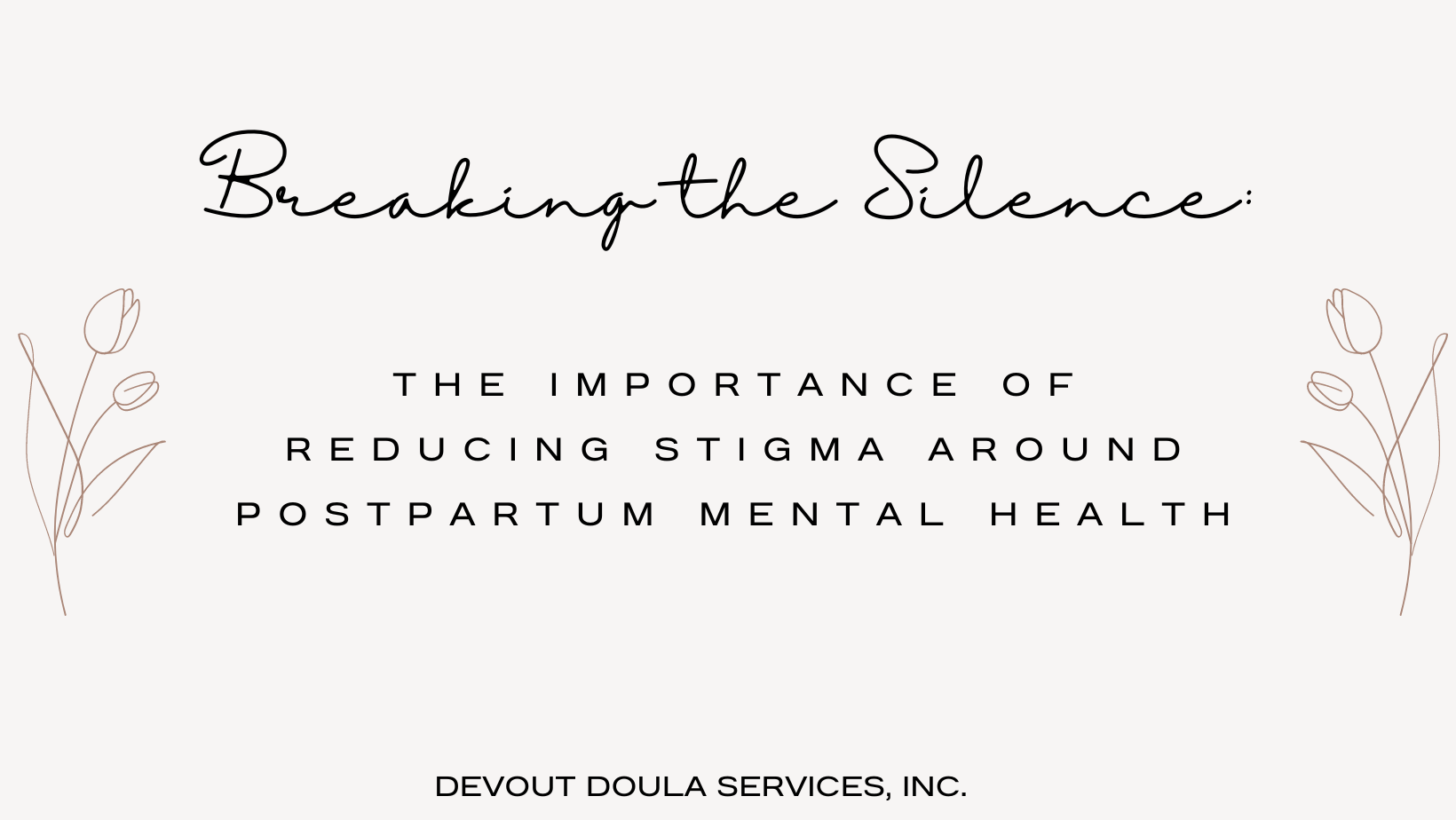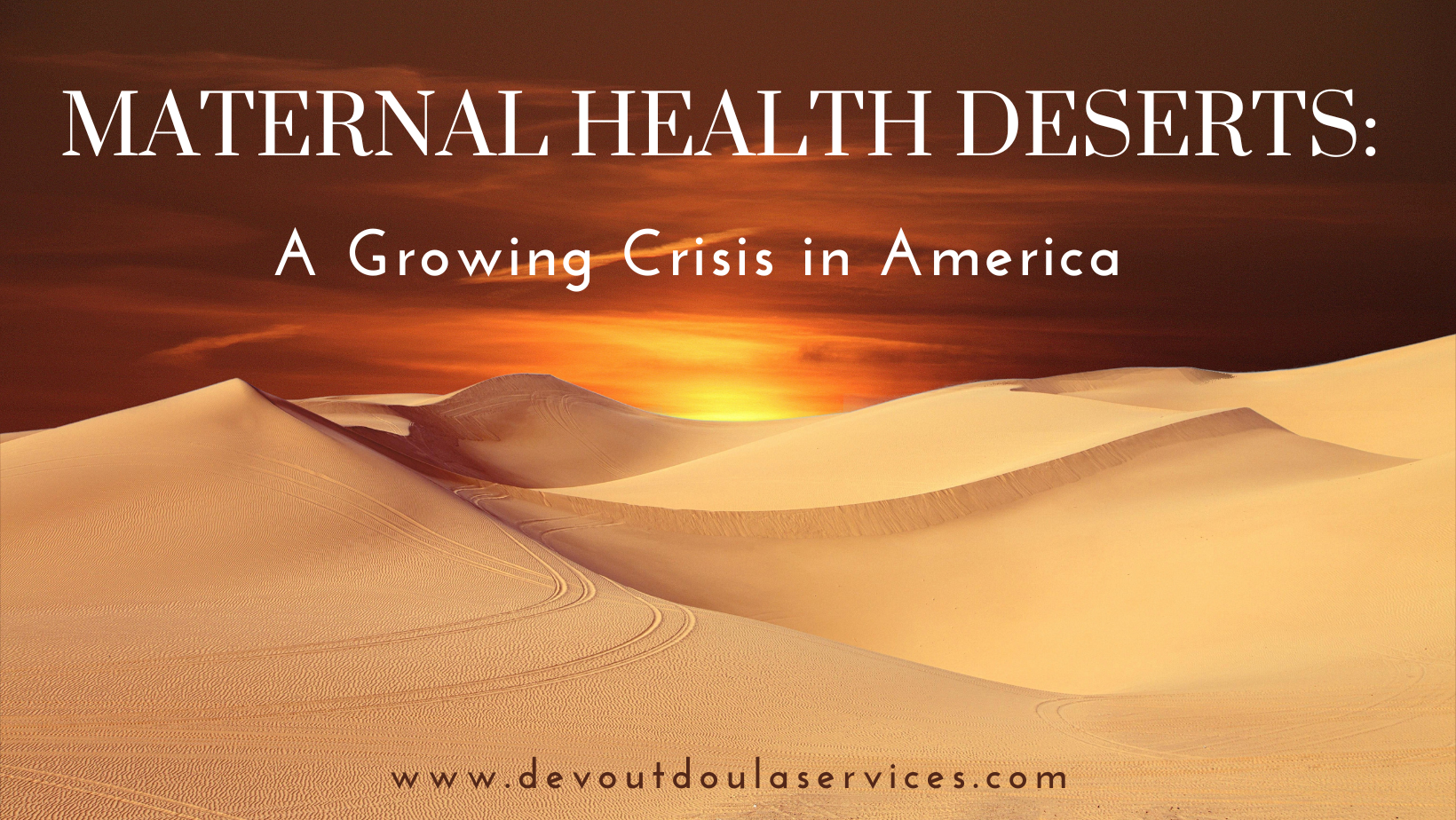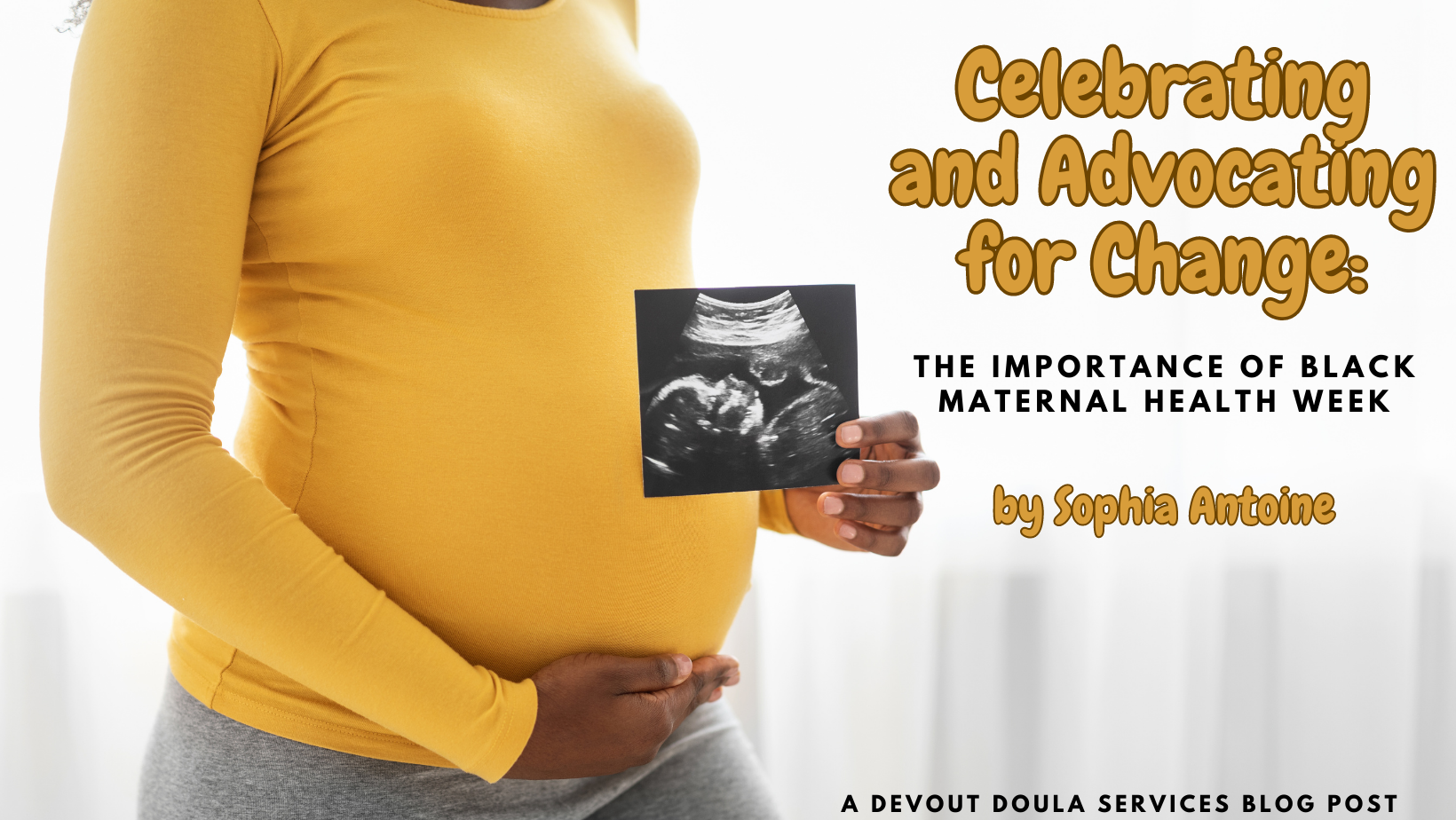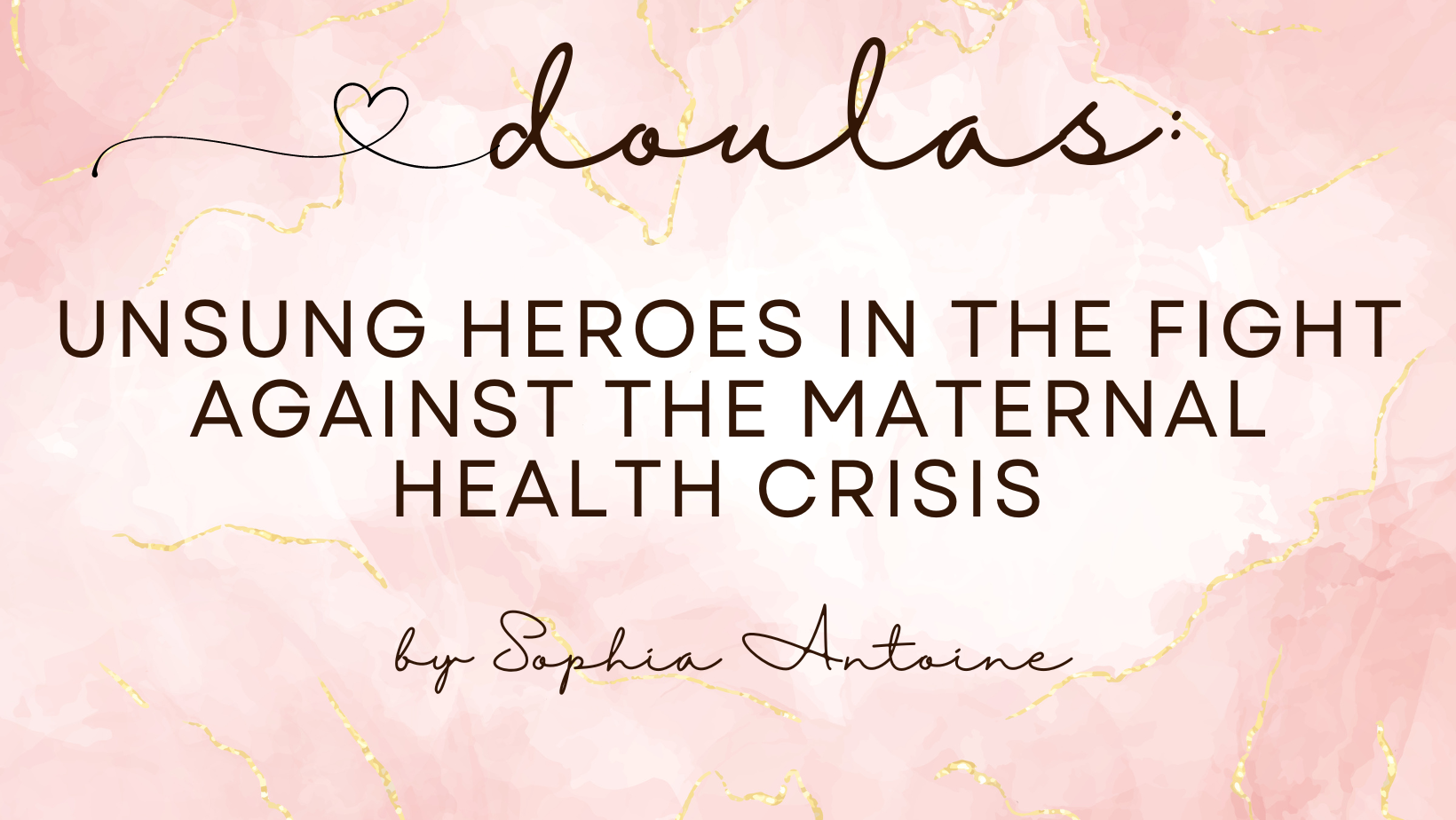Developing Culturally Competent and Inclusive Care
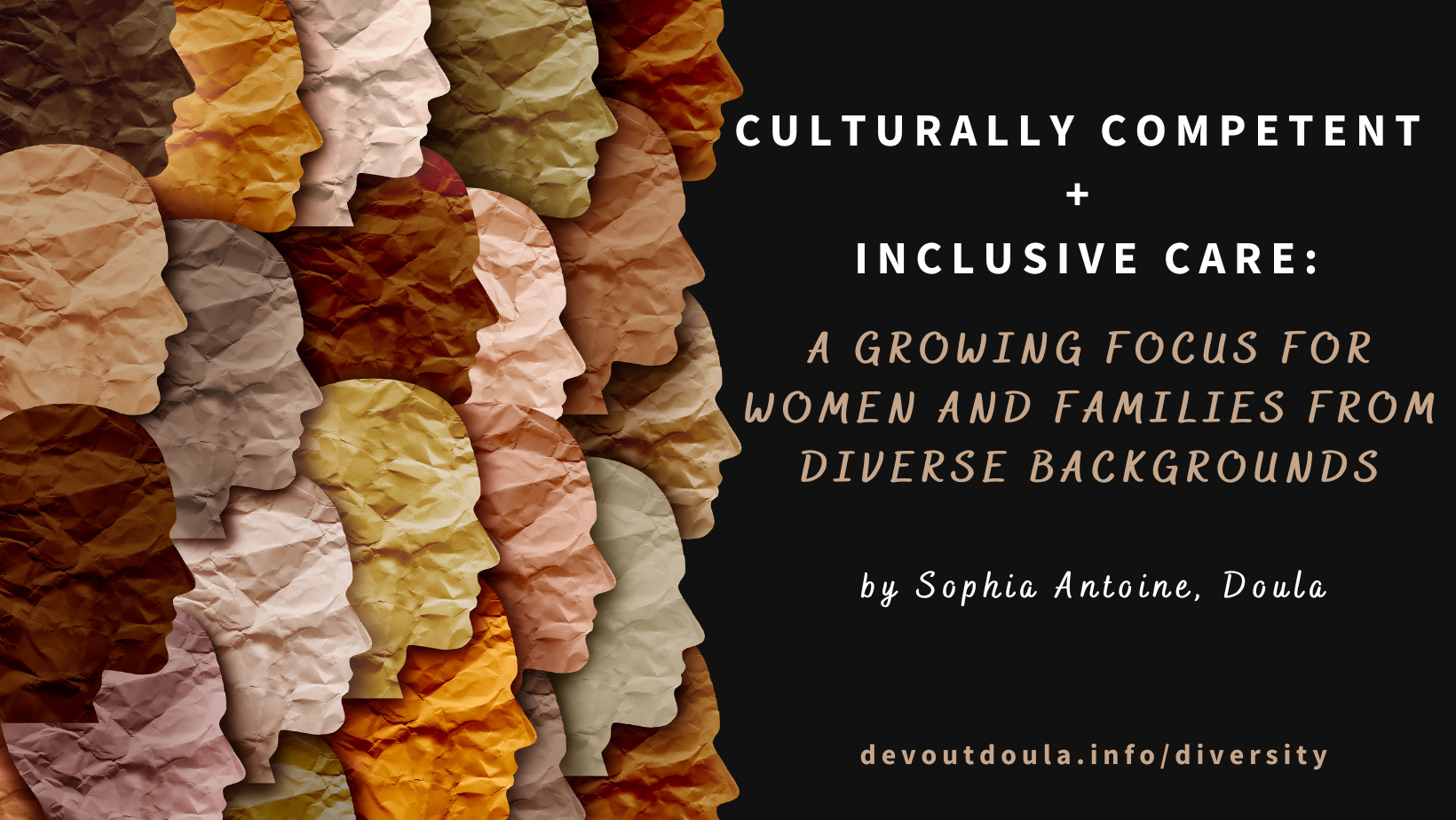
Culturally Competent and Inclusive Care: A Growing Focus for Women and Families from Diverse Backgrounds
In today’s increasingly diverse and multicultural society, the importance of providing culturally competent and inclusive care to women and families from different backgrounds cannot be overstated. As healthcare providers strive to deliver effective, high-quality care, it is crucial to understand the diverse needs of patients in order to provide personalized and comprehensive support. In this blog post, we will explore the growing focus on culturally competent and inclusive care, its importance in addressing health disparities, and some key strategies for implementation.
The Importance of Culturally Competent and Inclusive Care
- Addressing Health Disparities
Health disparities are prevalent across various communities, with women and families from diverse backgrounds often facing significant barriers to receiving quality healthcare. These disparities can be attributed to factors such as socioeconomic status, language barriers, and cultural differences. Culturally competent care aims to bridge these gaps by addressing the unique needs of each individual and community, ultimately improving health outcomes and promoting health equity.
- Building Trust and Enhancing Communication
Establishing trust and effective communication between healthcare providers and patients is vital for ensuring positive health outcomes. Culturally competent care enables healthcare providers to better understand and respect the beliefs, values, and traditions of their patients, which in turn fosters strong, trusting relationships.
- Reducing Misunderstandings and Medical Errors
Cultural competence helps healthcare providers understand how culture may influence a patient’s perception of illness, treatment, and care. This understanding reduces the risk of misunderstandings and medical errors that could have detrimental consequences for the patient.
Strategies for Implementing Culturally Competent and Inclusive Care
- Cultural Awareness and Sensitivity Training
Healthcare providers should participate in cultural awareness and sensitivity training programs to enhance their understanding of different cultures and belief systems. This training can also help providers identify and address any implicit biases they may hold.
- Language Access Services
Language barriers can be a significant obstacle to receiving quality care. Healthcare facilities should provide access to interpreters and translation services to ensure effective communication with patients who speak languages other than English.
- Culturally Tailored Health Education Materials
Healthcare providers should offer health education materials that are tailored to the cultural backgrounds of their patients. This includes using culturally relevant examples and images to ensure patients can relate to and understand the information provided.
- Community Engagement and Partnerships
Engaging with local communities and forming partnerships with community-based organizations can help healthcare providers better understand the unique needs and preferences of the populations they serve. This collaboration can also facilitate the development of culturally appropriate interventions and resources.
Conclusion
Culturally competent and inclusive care is a growing focus in healthcare, as it plays a critical role in addressing health disparities and ensuring equitable care for all. By incorporating strategies such as cultural awareness training, language access services, and community engagement, healthcare providers can create an inclusive environment that respects and meets the diverse needs of women and families from different backgrounds. In doing so, they will contribute to a more just and equitable healthcare system for all.
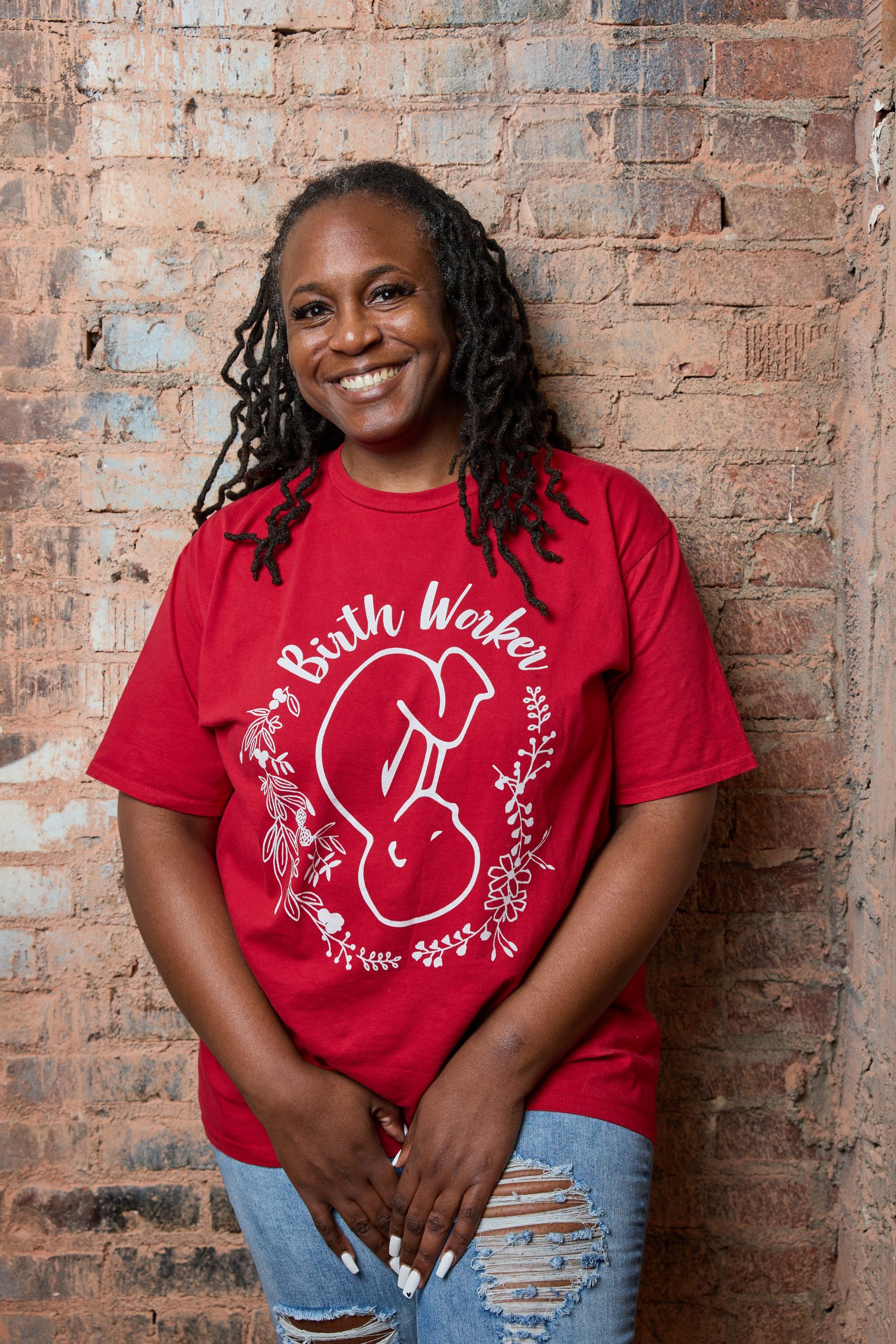
Sophia Antoine
Doula
Sophia Antoine is a dedicated and compassionate doula with nearly two decades of experience in supporting families through their pregnancy, labor, and postpartum journeys. A native of Arcadia, FL, Sophia has made it her mission to empower and educate mothers and families on the importance of holistic, culturally sensitive, and evidence-based birth support.
Sophia brings a deep understanding of the unique challenges faced by families in the American healthcare system. She is passionate about advocating for birth justice and reducing health disparities within her community.
Beyond her professional credentials, Sophia brings warmth, empathy, and a reassuring presence to every birthing space. She is well-versed in a variety of comfort measures, including rebozo techniques, acupressure, and aromatherapy, and she tailors her approach to the unique needs and preferences of each family she serves.
When Sophia is not supporting families during their most transformative moments, she enjoys reading, teaching Zumba, working out, and advocating for maternal health policy reform. Sophia is grateful for the opportunity to serve her community as a doula and childbirth educator, and she remains committed to creating safe, nurturing, and empowering birth experiences for all families.


